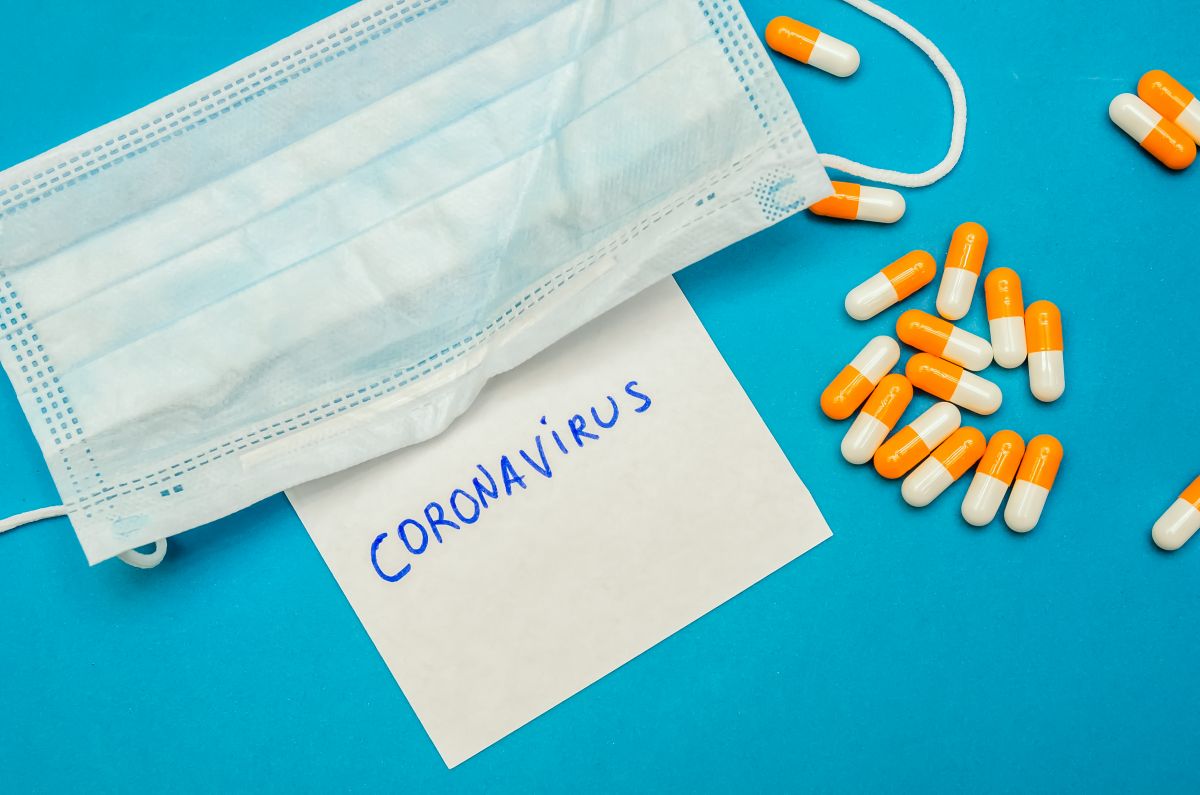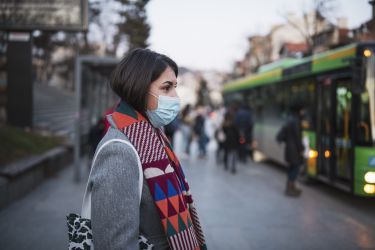
Coronavirus – why every worker should get sick pay from day one
More cases of COVID-19 – widely referred to as ‘coronavirus’ – are now being confirmed in the UK, as the World Health Organisation warns the spread could get out of control.
Workers affected now face the prospect of going into quarantine or self-isolation to prevent the further spread of the virus.
The government has confirmed that any worker who is required to go into self-isolation or quarantine, or who falls ill with symptoms, will be entitled to Statutory Sick Pay (SSP).
But because 2 million of the lowest paid workers in the UK don’t currently have the right to sick pay, many may find themselves struggling to make ends meet.
Even for those who are eligible, the payment is still too low at just £94.25 a week.
This means working people now face a crisis: either they risk going without pay for a prolonged period, or they go into work while ill against government advice.
By doing so they could be putting their own, their colleagues and their families lives at risk. That would worsen, not limit, the risk of infection.
Sick pay from day one
It’s a dilemma already facing Wetherspoons staff , who have been informed by the pub chain that the normal rules for SSP will apply even if they’re ordered into quarantine by the government.
It shouldn’t take a pandemic to resolve the inequality of sick pay. But the threat of coronavirus shows why sick pay should be a day one right for everybody.
If the government is serious about addressing this crisis, it should start by scrapping the earnings threshold for SSP.
And it must ensure that all workers – regardless of income or contract – get adequate sick pay from the first day of absence in line with the cost of living.
Workers with existing sick pay schemes should be paid at the full rate offered by the employer while in isolation, and not be considered as on annual or unpaid leave.
Sign the petition calling for sick pay for every worker from day one.
Who is entitled to Statutory Sick Pay?
Currently, you to have been off work sick for 4 or more days in a row to receive SSP.
But if you earn less than £118 a week, you don’t qualify.
This means 2 million workers are excluded and face going without any income whatsoever if they have to take time off.
Which workers are least likely to get SSP?
Women workers are over-represented in the low-income wage bracket.
1 in 10 women are paid below the threshold and would therefore be denied sick pay if struck by the virus.
Certain workplaces will also be at a greater risk.
Those who work for the public, such as transport workers, those in public services like education and health, and the service sector.
The 23 per cent of zero-hours workers who don't earn enough to get SSP also face the prospect of losing out.
And if they are too unwell to work a shift, or cannot work remotely during isolation, they have no right to SSP regardless of their salary.
Know your rights: consult your rep
As well as calling for action on pay at a national level, trade unions on the ground have an important role to play.
Working with employers, we can ensure that the effects of a pandemic are minimised and keep the workforce well-informed.
Union reps can support workers not to come in to work if they feel ill or are at risk of infection.
They can help resist presenteeism or pressure from bosses, as well as any moves by employers to make staff take annual or unpaid leave.
There’s a lot more union reps can reasonably demand, including:
- Payment of sick pay for self-isolation, ill-health or medical appointments – with SSP as a minimum, or any contractual sick pay which may be at a higher rate.
- Consultation with unions, health and safety reps and committees in the drawing up of any relevant policies on COVID-19 response.
- The provision of hand sanitisers and for employers to maintain high levels of cleanliness in the workplace.
- The cancellation of any requests for workers to travel to locations the government has warned against visiting. Check the guidance for an up-to-date list of affected areas.
- Provision of ongoing information and advice from Public Health England to all employees.
For further information, check out the World Health Organisation page Getting your workplace ready for COVID-19.
Stay Updated
Want to hear about our latest news and blogs?
Sign up now to get it straight to your inbox

